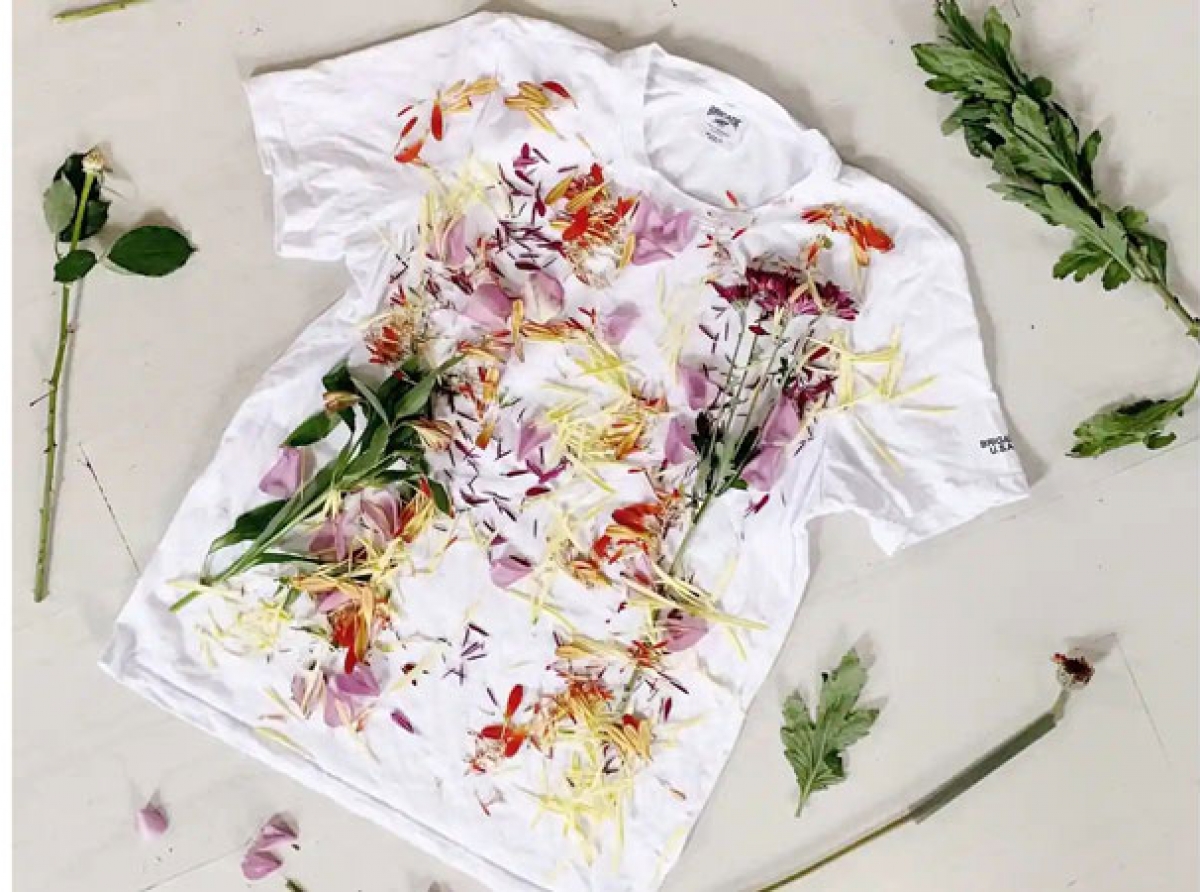Agro-residues could help India’s textile developers from environmental crisis

27th September 2021, Mumbai:
Propelled by growing demand for fast fashion, the global textile industry has seen unprecedented growth in the past few years. Valued at $1.9 trillion in 2019, the industry is expected to reach $3.3 trillion by 2030.
Most of this growth is being fuelled by increasing use of synthetic fibers that currently constitute nearly two-thirds of the fiber mix used by textile industries.
Most of these fibers use large amounts of chemicals during processing that are extremely harmful to the environment. Even the cultivation of natural fibers like cotton involves high water and intensive land use.
As per a livemint report by Parvathi Preethan, Senior Project Associate, and Nambi Appadurai, director, climate resilience practice, at World Resources Institute (WRI India), cotton is grown in 2.4 per cent cultivated land but leads to the use of16 percent insecticide and 6 per cent pesticide.
On an average, the textile industry consumes 300 million tons of non-renewable inputs, takes up 26 per cent of the carbon budget associated with 2 degrees Celsius pathway outlined by the Paris Agreement, and adds 22 million tons of synthetic microfibers to the world’s oceans.
Seeking new bio-based materials
This ecological impact of the industry is encouraging stakeholders to look for new alternatives that are eco-friendly and cost-effective. Leading brands like Adidas, Nike, Tommy Hilfiger are seeking innovative and bio-based alternatives.
However, most of them continue to face scale and cost issues, making new investments necessary to become a viable and attractive alternative to existing textile production systems.
Preethan writes abuot one such untapped option for such brands and that is agricultural waste, or agro-residues. India generates over 140 mt surplus crop residue a year. Of these, about 92 mt crop residues are burnt annually. This leads to heightened pollution levels, especially in cities like Delhi.
Income generator for Indian farmers
Indian farmers can find an additional source of income by converting these residues into sustainable textile fibers for the fashion industry. The fashion industry needs to also incorporate climate-smart solutions in sectors like textile manufacturing, as per the recently released report by the Intergovernmental Panel on Climate Change.
It needs to implement carefully planned strategies to counter climate impacts along the entire agri-value chain.
A recent report says, agro-residues including husks and straw from rice and wheat, trash and bagasse from sugarcane, empty fruit bunches from palm oil and other fruit-based residues like pineapple leaves and banana pseudo stems, are most suitable for textile fiber production, especially in India and seven other countries in South and Southeast Asia.
The report identifies transportation, processing capacities as potential areas of development for agro-residue based fiber production. It marks states like Andhra Pradesh, Maharashtra, Punjab, West Bengal and Uttar Pradesh some of the most suitable locations for these hubs.
Further focus on environmental threats
To understand the trade-offs between competing uses and incentivize farmers, India needs to step up research on agro-residues. Researchers need to focus on the various environmental threats and effects of climate change on several of these crops.
This can also help attract future investments. The industry also needs to collaborate with farming communities to develop strategies for a transition from fast to sustainable.
While catering to these needs, consumers also need to be responsible towards the planet. Rather than fast fashion, they need to focus on sustainable fashion, which can save the earth from this environment crisis.

TOP 5:
1. 'CMAI' urges government to review GST rates increase on fabrics and garments
2. Raymond launches new collection with designer 'Suket Dhir'
3. Amitabh Bachchan roped in as 'VKC Group’ new brand ambassador
4. 'Manyavar-Mohey' receives flak for advertisement featuring Alia Bhatt
























